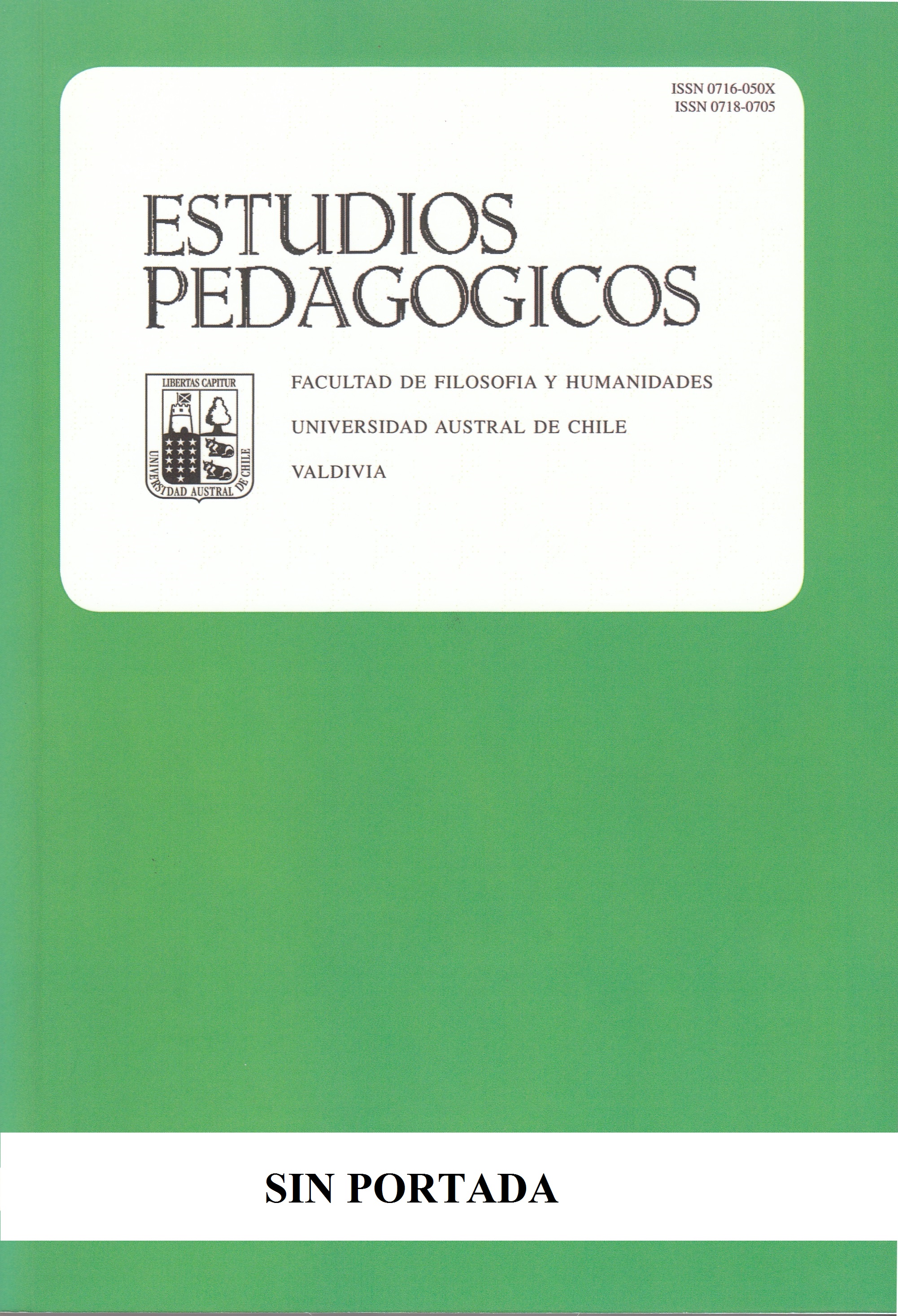University Accreditation System in Chile: What have we Come?
Main Article Content
Abstract
Until the mid 80's, the Chilean university system can be considered relatively static and small, however, after the 1981 reform, it became highly dynamic and presents a huge growth. As a consequence of this expansion, in 1999 the foundations of the accreditation system of higher education in Chile were built, from the creation of the National Undergraduate Accreditation Commission (CNAP its acronym in Spanish) and the National Commission on Accreditation of Graduate Studies (CONAP). Subsequently, these two mentioned institutions merged forming the National Accreditation Commission (CNA). This paper analyzes the current state of the university accreditation processes in Chile - at the institutional level of undergraduate and graduate programs - comparing a set of indicators according to conventional typology provided by the national university system. The study is descriptive, based on information from official databases of the CNA and the National Education Council about the results of university accreditation process and institutional indicators. The findings give account of the prevailing institutional diversity, and especially the qualitative diversity in the Chilean university educational offer, both undergraduate and graduate students.

